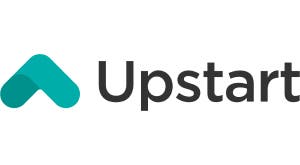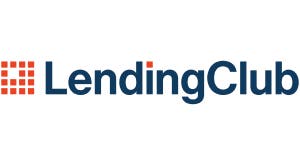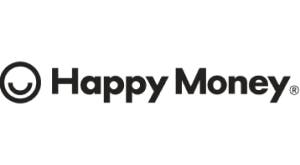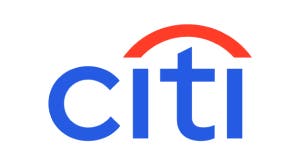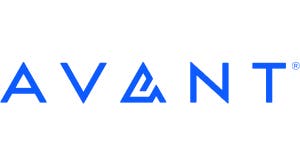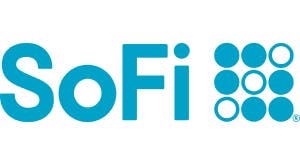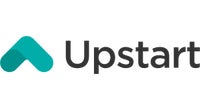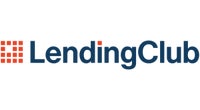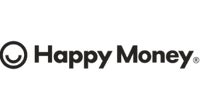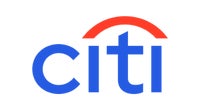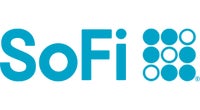Terms, conditions, and fees for accounts, products, programs and services are subject to change at any time.
You must be at least 18 years of age (21 years of age in Puerto Rico). Co-applicants are not permitted. Existing Citi deposit and credit card customers who have been a Citi customer for less than 12 months are not eligible for a Citi® Personal Loan.
If you apply online, you must agree to receive the loan note and all other account disclosures provided with your loan origination in an electronic format and provide your signature electronically.
Rates as of 12-01-2024. Your APR may be as low as 11.49% or as high as 20.49% for the term of your loan. The lowest rate quoted assumes excellent credit and a loan term of 24 or 36 months. Your APR will depend on a variety of factors including your creditworthiness, term of loan, and existing relationship with Citi. Citi offers personal loans with a period of repayment between 12 and 60-month terms. For example, if you borrow $10,000 for 36 months at 15.99% APR, to repay your loan you will have to make 36 monthly payments of approximately $351.52.
There is a 0.5% APR discount if you enroll in automatic payments at loan origination. Additionally, existing Citigold and Citi Priority customers will receive a 0.25% discount to the APR. If you are in default, your APR may increase by 2.00%. Rates subject to change without notice.
To check for offers you may qualify for, Citi conducts a soft credit inquiry. If you are presented with an offer and choose to proceed with the application process, Citi will conduct a hard credit inquiry which may have an impact on your credit score.
Citi® Personal Loan proceeds cannot be used to pay for post-secondary education expenses or for business purposes. Credit cards issued by Citibank, N.A. or its affiliates, as well as Checking Plus and Ready Credit accounts, are not eligible for debt consolidation, and Citibank will not issue payoff checks for these accounts. If you are unsure of the issuer on the account, please visit https://www.citi.com/affiliatesproducts for a list of Citi products and affiliates.
If you are approved for a personal loan with Citi, you can get your funds the same day with a Citi deposit account, or up to 2 business days for a non-Citi account when using direct deposit. Or, you can select to receive a check by mail in approximately 5 business days.
Personal loans are made available by Citibank, N.A., Equal Housing lender

